Dive into a realm of mind-bending theories that postulate black holes as cosmic cradles, potentially birthing new universes. This exploration will take us through the intricacies of black holes, the theories surrounding ‘baby universes’, their implications, and how they’ve permeated popular culture.
Understanding Black Holes
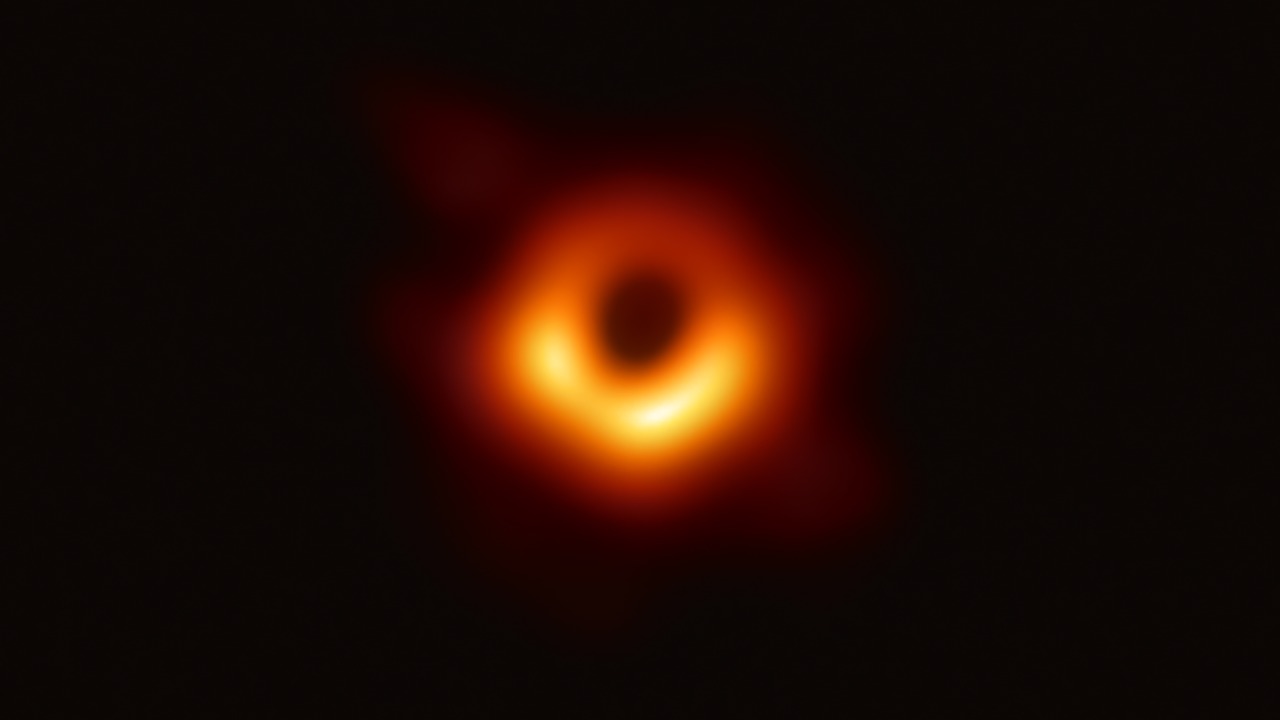
Black holes are among the most enigmatic entities in the cosmos. They’re regions of spacetime characterized by gravitational forces so strong that nothing, not even light, can escape their clutches. Formed from the remnants of massive stars after a supernova explosion, their existence challenges our understanding of physics, particularly when it comes to the laws of gravity and quantum mechanics.
Our current understanding of black holes primarily comes from Albert Einstein’s General Theory of Relativity. However, there’s still much we don’t know. For instance, we’re yet to fully comprehend what happens within a black hole, particularly at the ‘singularity’—the point where all matter supposedly condenses into an infinitely dense point. This incomprehension leads to some of the most tantalizing theories about black holes and their potential connections to other universes.
The Possibility of Baby Universes
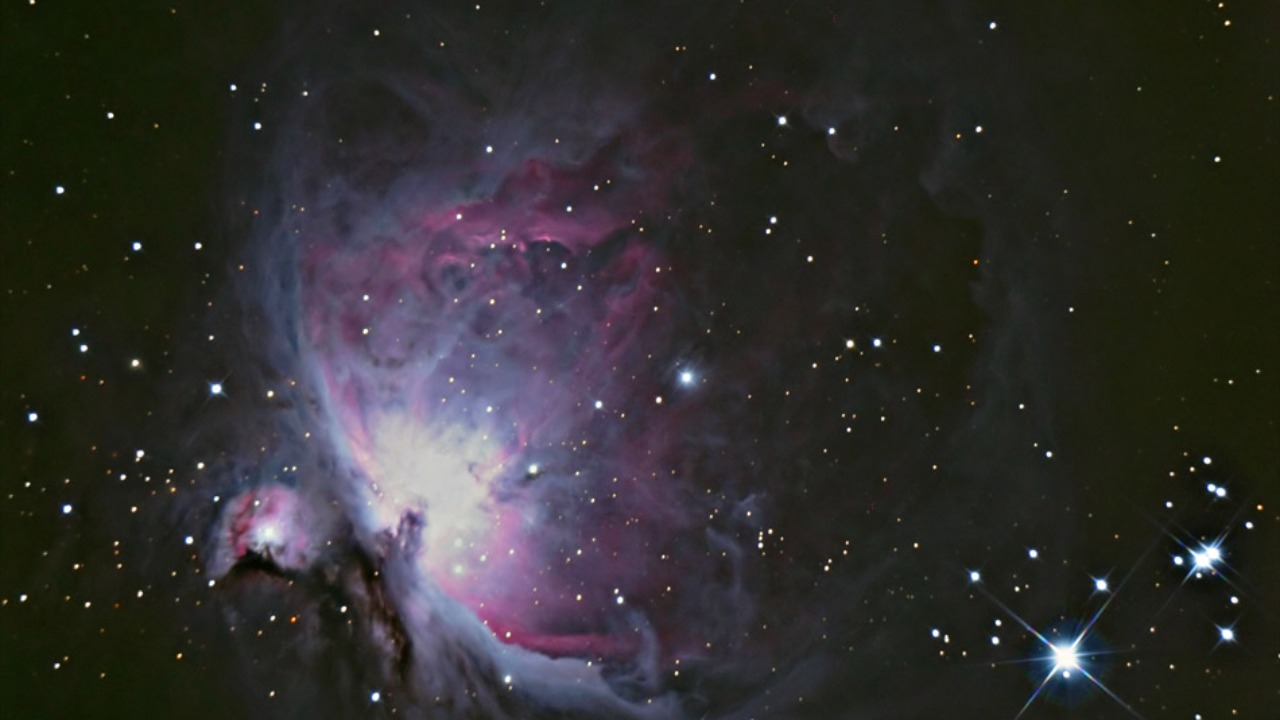
In the realm of theoretical physics, black holes are not just destructive monsters; they might be creative forces too. Some theories propose that the singularities within black holes could spawn new universes. This concept, often referred to as the ‘baby universe’ theory, suggests that every black hole could contain an entirely new universe within its boundaries, separate from our own yet birthed from it.
This idea finds its roots in the work of eminent theoretical physicist Stephen Hawking and his research partner, James Hartle. In their 1983 paper, they proposed a model where baby universes could form inside black holes, forever hidden from our view due to the black hole’s intense gravity. The theories around baby universes are still very much in the realm of speculation, yet they continue to fascinate scientists and laymen alike.
Implications of Black Holes Spawning Universes
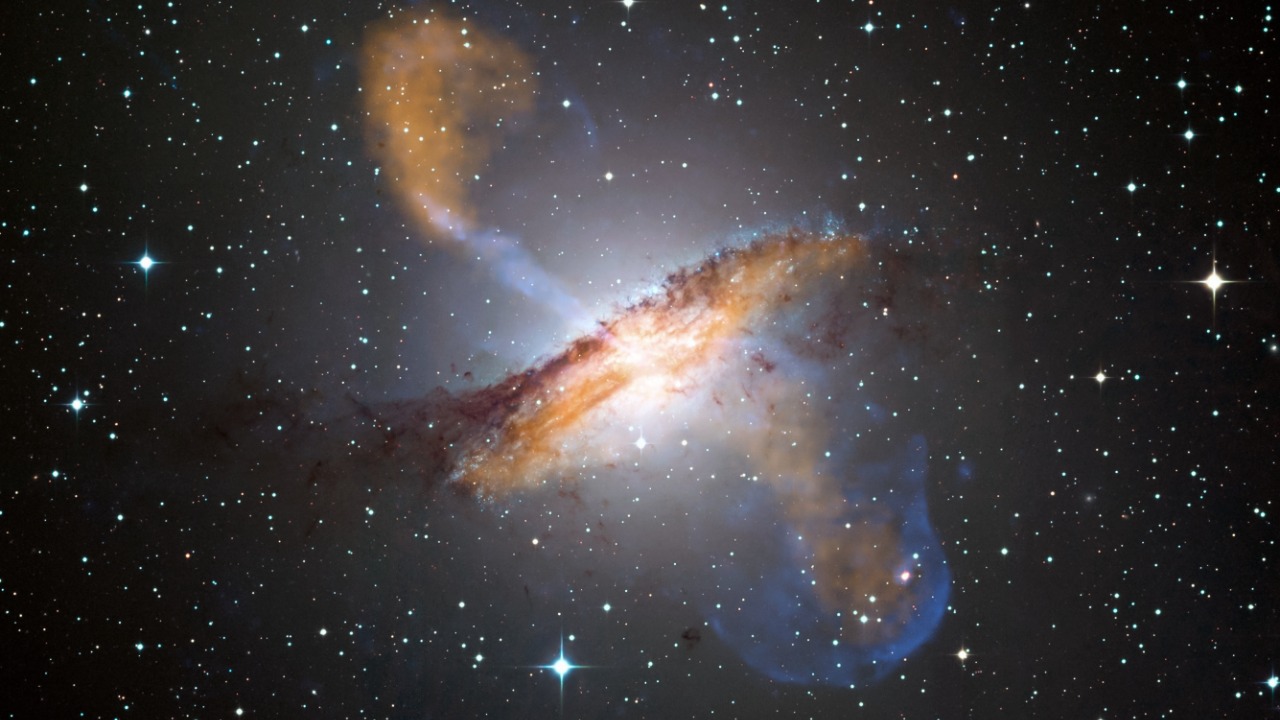
If black holes do indeed spawn new universes, this could revolutionize our understanding of the cosmos. It would suggest a cyclic nature to reality, where old universes give birth to new ones, rendering our universe just one link in an infinite chain. Moreover, it could potentially provide a solution to the paradoxes that arise when quantum mechanics and general relativity meet, such as the information loss paradox.
This would also have profound implications for our study of space and time. If each black hole births a new universe, then time might not be a linear concept but something far more intricate. For instance, the physicist Lee Smolin proposed a theory of ‘cosmic evolution,’ where time within each baby universe can run independently, leading to a sort of cosmic natural selection. This is indeed a radical shift from our conventional understanding.
Challenges and Controversies
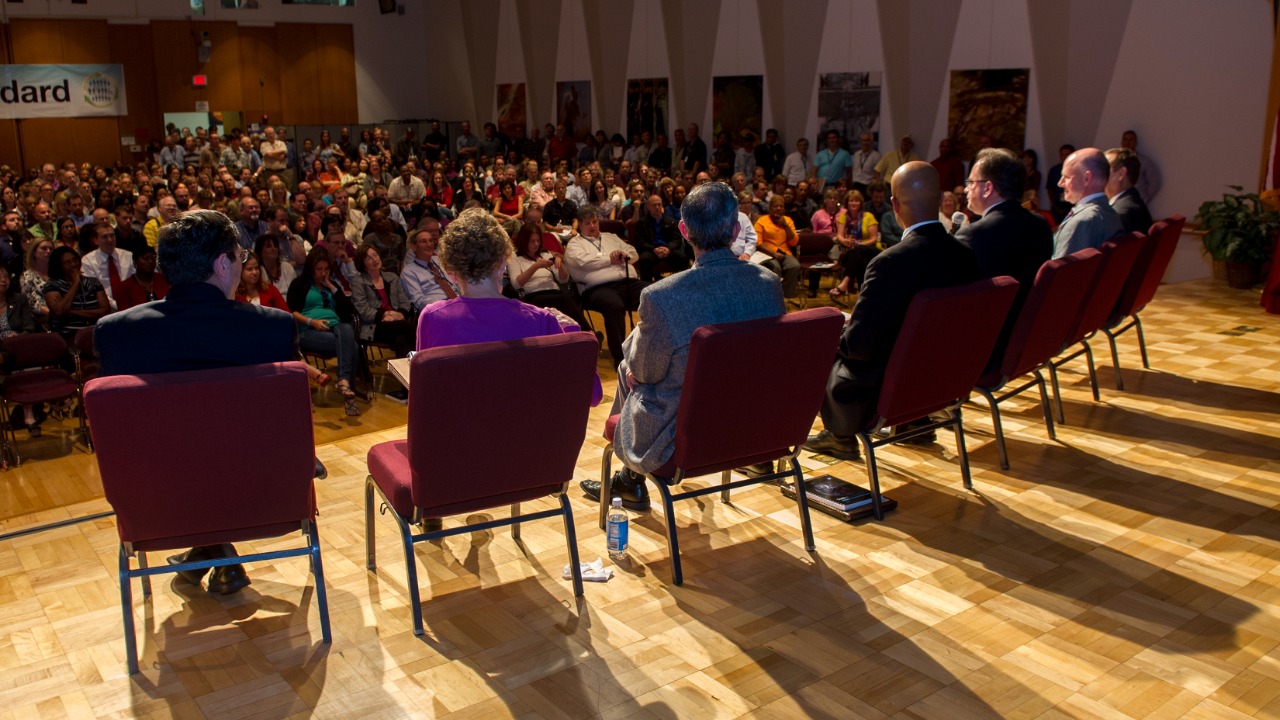
Despite the intrigue surrounding black holes and baby universes, these theories face significant skepticism and challenges. The primary hurdle is the lack of empirical evidence. As black holes do not allow light to escape, they’re virtually impossible to observe directly. This makes testing these theories incredibly difficult, if not impossible with our current technology.
There’s also significant debate within the scientific community. Some physicists argue that the idea of baby universes is purely speculative and lacks rigorous mathematical backing. They point to the absence of a theory of quantum gravity that can adequately describe what happens inside a black hole. Despite these controversies, the prospect of black holes spawning universes continues to captivate the imaginations of scientists and the public alike.
The Future of Black Hole Research
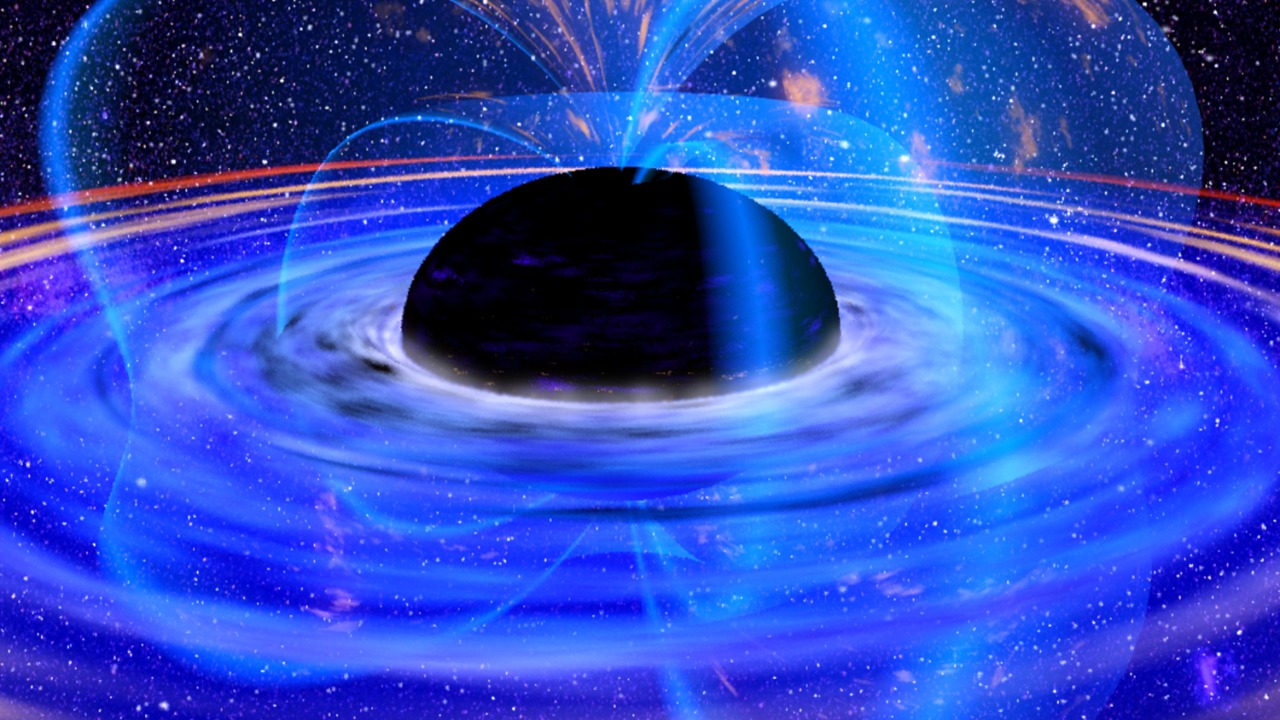
The future of black hole research promises to be exciting. As we develop new technologies and mathematical models, we might be able to test some of the theories surrounding black holes and baby universes. For instance, research could focus on detecting potential signals from these baby universes or developing a successful theory of quantum gravity.
These theories could also impact our future space exploration and research. If confirmed, the idea that black holes spawn new universes might lead to novel exploration methods, such as using black holes as gateways to these new universes. While this remains firmly within the realm of science fiction at present, the future may hold surprises beyond our current comprehension.
Popular Culture and Black Hole Theories
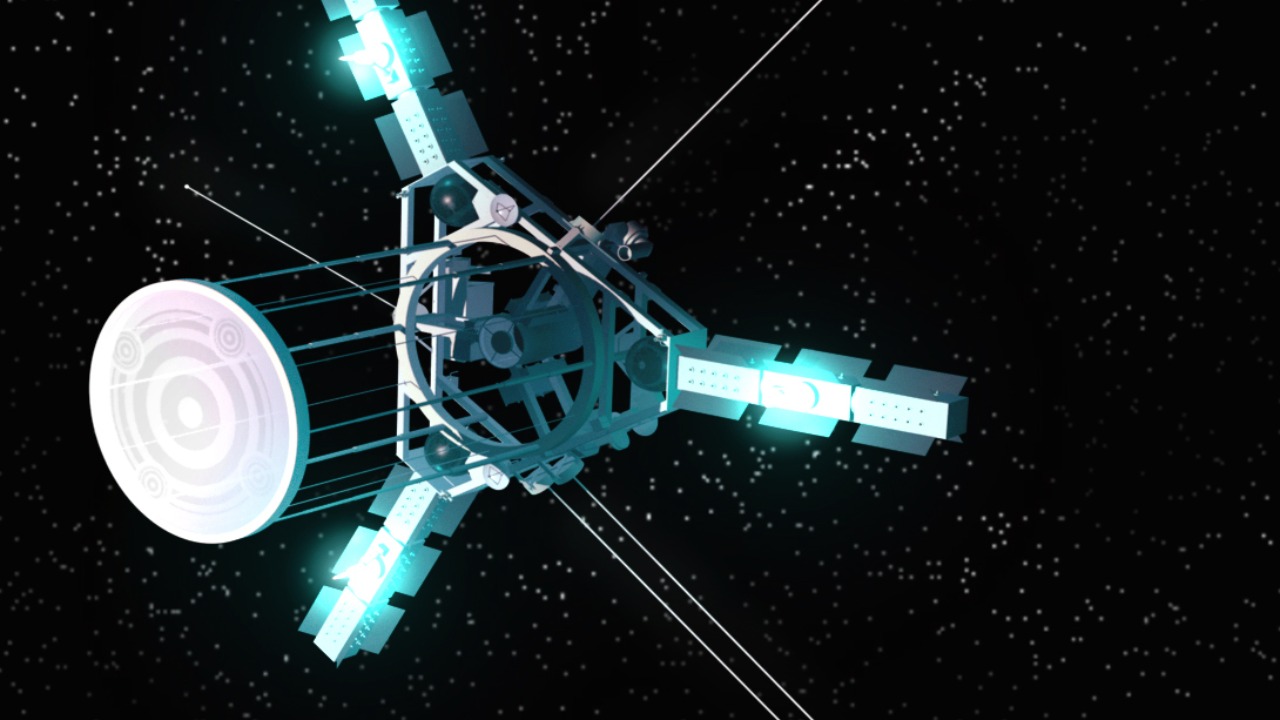
The theories surrounding black holes and baby universes have permeated popular culture, influencing films, novels, and even video games. For instance, Christopher Nolan’s film ‘Interstellar’ explores the idea of a wormhole near a black hole serving as a portal to another galaxy. The concept of black holes birthing new universes has also been explored in various science fiction novels and series like “Doctor Who”.
From a broader perspective, these theories have shaped our collective imagination, encouraging us to think about the universe in new and intriguing ways. They’ve sparked conversations on platforms like Reddit and have even inspired speculative articles like ‘Did Aliens Create Our Universe in a Lab?’ on Popular Mechanics. Whether grounded in science or purely in the realm of speculation, these theories continue to captivate, tease, and inspire us.